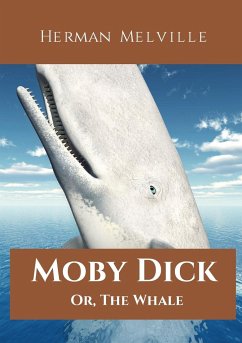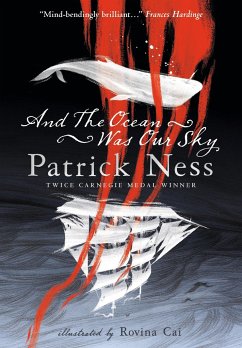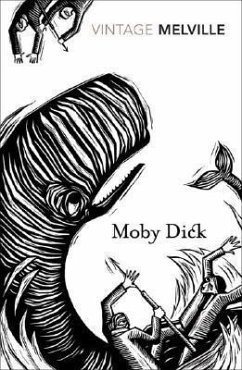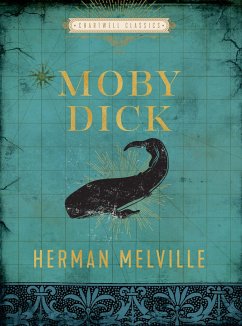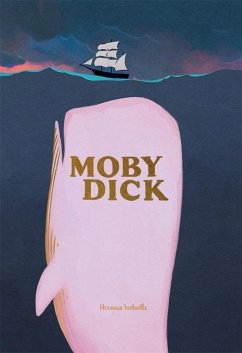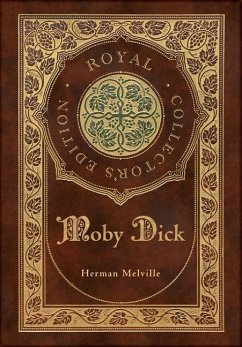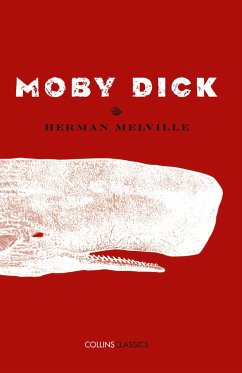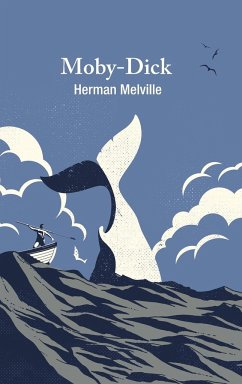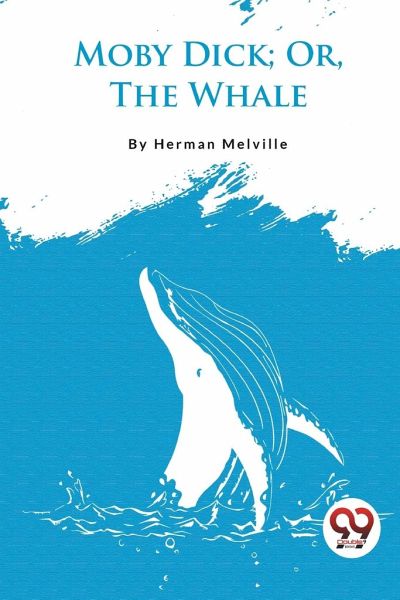
Moby Dick; Or, The Whale
Versandkostenfrei!
Versandfertig in 1-2 Wochen
42,99 €
inkl. MwSt.

PAYBACK Punkte
21 °P sammeln!
American author Herman Melville published his first novel, Moby-Dick; or, The Whale, in 1851. The story of Ahab, the captain of the whaling ship Pequod, and his irrational pursuit for vengeance against Moby Dick, the huge white sperm whale that wounded him on a previous journey, is told in the book by the sailor Ishmael. Moby-Dick, a work that contributed to the literature of the American Renaissance, had received mixed reviews upon publication, was a commercial flop, and was out of print when the author passed away in 1891. It wasn't until the 20th century, on the centennial of its author's b...
American author Herman Melville published his first novel, Moby-Dick; or, The Whale, in 1851. The story of Ahab, the captain of the whaling ship Pequod, and his irrational pursuit for vengeance against Moby Dick, the huge white sperm whale that wounded him on a previous journey, is told in the book by the sailor Ishmael. Moby-Dick, a work that contributed to the literature of the American Renaissance, had received mixed reviews upon publication, was a commercial flop, and was out of print when the author passed away in 1891. It wasn't until the 20th century, on the centennial of its author's birth in 1919, that it gained recognition as a "Great American Novel." William Faulkner expressed regret for not having written the novel himself, while D. H. Lawrence praised it as "the best book of the sea ever written" and "one of the oddest and most wonderful books in the world." One of the most well-known starting lines in all of literature is "Call me Ishmael." Moby-Dick was started by Melville in February 1850, and it was finished a year later than he had intended, in 18 months. Melville drew on his observations as a common sailor between 1841 and 1844, especially those of whalers, as well as extensive reading in the literature on whaling.






